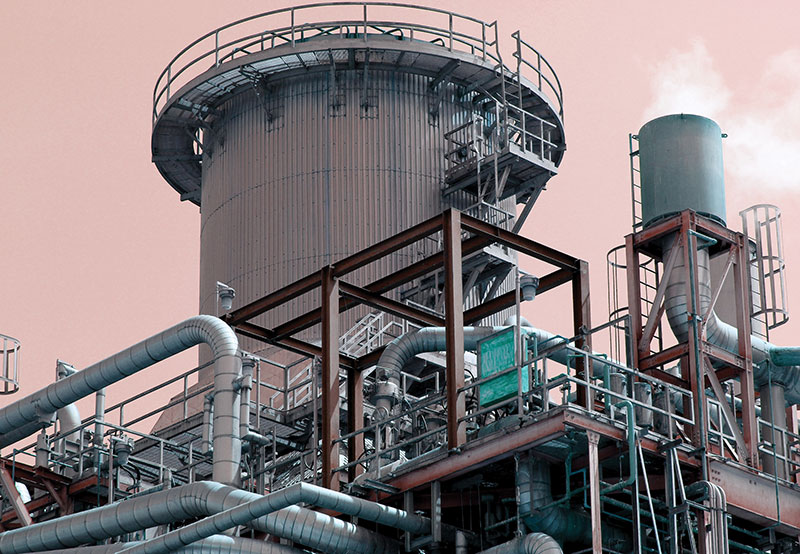Greece, Bulgaria, Romania, Hungary Agree to Boost Gas Grid Interconnections
(Reuters) — Greece, Bulgaria, Romania and Hungary agreed on Thursday to upgrade the interconnection and transport capacity of their gas grids, part of their long-standing efforts to diversify gas sources and boost their role in Europe's energy supply chain.
In 2016, the four countries agreed to develop the necessary infrastructure for the realization of the so-called Vertical Gas Corridor, which will enable bidirectional gas flows from Greece to northern Europe, through Bulgaria, Romania and Hungary.
After Russia cut gas supplies to Europe in the wake of the war in Ukraine, European countries have been looking for alternative gas suppliers and have been pursuing energy cooperation more actively.
Under the memorandum of understanding signed on Thursday on the sidelines of a LNG conference in Athens, Greece's DESFA, Bulgaria's Bulgartransgaz, Hungary's FGSZ and Romania's SNTGN Transgaz agreed to begin talks on regulatory and economic aspects of the corridor, DESFA said in a statement.
The agreement will last three years with the option to be extended by one more, it added.
"(It) is an important step towards the implementation of the Vertical Corridor, a project that will significantly contribute to the supply security of the wider region," CEO of DESFA Maria Rita Galli said in the statement.
She added that it will further strengthen Greece and the wider region's role in energy.
ICGB, the owner of a second gas link between Greece and Bulgaria (IGB) — a key part of the Vertical Gas Corridor which began operations this year — and Gastrade, the developer of a floating storage and regasification unit off the northern Greek port of Alexandroupolis, also signed the agreement on Thursday.
IGB will become more important once its maximum annual capacity of 3 billion cubic meters rises.
"In coordination with DESFA, we have the opportunity to increase this capacity (to) up to 5 billion cubic meters per year," two senior executives at ICGB said, adding this should happen along with the commissioning of the LNG terminal off Alexandroupolis due in 2024.
Greece has started exporting gas to Bulgaria, which was cut off from Russian supplies earlier this year after refusing to pay in Russian rubles.
The latest development fits well with Greece's plans to become a major transit route for liquefied gas in Europe.
This year, Athens has more than halved its imports of Russian gas, instead ramping up deliveries of LNG, mainly from the United States and Egypt, to its sole LNG facility at Revithoussa near Athens.
Related News
Related News

- Kinder Morgan Proposes 290-Mile Gas Pipeline Expansion Spanning Three States
- Enbridge Plans 86-Mile Pipeline Expansion, Bringing 850 Workers to Northern B.C.
- Intensity, Rainbow Energy to Build 344-Mile Gas Pipeline Across North Dakota
- U.S. Moves to Block Enterprise Products’ Exports to China Over Security Risk
- Court Ruling Allows MVP’s $500 Million Southgate Pipeline Extension to Proceed
- U.S. Pipeline Expansion to Add 99 Bcf/d, Mostly for LNG Export, Report Finds
- A Systematic Approach To Ensuring Pipeline Integrity
- 275-Mile Texas-to-Oklahoma Gas Pipeline Enters Open Season
- LNG Canada Start-Up Fails to Lift Gas Prices Amid Supply Glut
- Kinder Morgan Gas Volumes Climb as Power, LNG Demand Boost Pipeline Business





Comments